Integrated Water Resource Management: A Blueprint for Sustainable Water Use
Introduction
Integrated Water Resource Management is the cornerstone of a resilient and sustainable water future. It’s not just about storing or distributing water it’s about managing it wisely, equitably, and efficiently for people, industries, and ecosystems. A well-structured water management plan ensures that every drop is utilized responsibly while maintaining the balance between human needs and environmental preservation.
At The Ground Water Company (GWC), we specialize in developing holistic and science-based strategies for effective management of water resources, combining hydrogeological expertise, technology, and community engagement to create sustainable water systems that support long-term resilience.
Understanding Integrated Water Resource Management
Integrated Water Resource Management is a coordinated approach to managing water, land, and related resources in a way that maximizes social and economic welfare without compromising ecosystem health. It integrates all aspects of the hydrological cycle from acquisition and management of water resources to distribution, reuse, and protection.
Unlike conventional water management that focuses on supply alone, IWRM considers the entire water system rainfall, surface water, groundwater, wastewater, and environmental flow ensuring that policies and projects are both sustainable and adaptive.
Types of Water Management
Water resource management can take multiple forms depending on geography, use, and community needs. The key types of water management include:
- Surface Water Management – Managing rivers, reservoirs, and lakes through storage, irrigation, and flood control.
- Groundwater Management – Monitoring aquifers, recharge, and extraction to prevent depletion.
- Wastewater Management – Recycling and reusing treated wastewater for industrial or agricultural use.
- Watershed Management – Maintaining vegetation, soil, and hydrological balance in catchment areas.
- Urban Water Management – Ensuring efficient stormwater drainage, water reuse, and sustainable city infrastructure.
At GWC, we integrate all these dimensions into one cohesive framework, using hydrogeological data and modeling tools to deliver measurable results.
Adapting Water Management to Climate Change
One of the biggest challenges facing global water systems today is climate variability. Adapting water management to climate change requires flexible, science-based solutions that can respond to droughts, floods, and unpredictable rainfall patterns. Our adaptive water management strategies help communities anticipate these shifts through real-time monitoring, forecasting, and decentralized storage systems.
This approach not only ensures water availability during extreme weather events but also builds resilience for agriculture, industries, and urban settlements.
Advances in Water Resources Engineering and Management
Recent advances in water resources engineering and management have transformed how we monitor, allocate, and protect water. GWC leverages cutting-edge tools such as GIS mapping, IoT-based sensors, AI analytics, and hydrogeological modeling to create precision-driven water management systems.
These technologies improve decision-making, enhance efficiency, and enable comprehensive water quality management allowing stakeholders to maintain water standards across domestic, agricultural, and industrial sectors.
Sustainability in Water Management
Ensuring sustainability in water management means balancing today’s water needs with those of future generations. Our IWRM framework promotes:
- Water Conservation: Encouraging reuse and minimizing wastage.
- Groundwater Recharge: Restoring aquifers through rainwater harvesting and percolation systems.
- Ecosystem Protection: Maintaining river flows and wetlands for biodiversity.
- Community Participation: Empowering local users to manage and monitor resources collectively.
This holistic model aligns environmental stewardship with social and economic growth, ensuring that development never compromises natural balance.
Climate Change and Water Resources Management
The intersection of climate change and water resources management is redefining how nations plan their water future. Rising temperatures, irregular rainfall, and shifting hydrological cycles demand climate change sensitive water resources management approaches.
At GWC, we integrate climate models with groundwater and surface water assessments to design resilient water systems. These adaptive plans safeguard both rural and urban communities against future uncertainty.
Benefits of Integrated Water Resource Management
- Enhanced Water Security: Ensures availability across domestic, agricultural, and industrial sectors.
- Reduced Conflicts: Promotes equitable allocation among stakeholders.
- Improved Groundwater Health: Encourages recharge and responsible extraction.
- Environmental Protection: Preserves wetlands, rivers, and ecosystems.
- Economic Efficiency: Lowers costs through reuse, recycling, and shared infrastructure.
Conclusion
Integrated Water Resource Management is the key to securing our planet’s most precious resource. By combining technology, community action, and policy alignment, we can transform water management into a driver of sustainability and resilience.
At The Ground Water Company (GWC), we champion data-driven, adaptive solutions that unite sustainability in water management with innovation. From groundwater modeling to ecosystem restoration, our goal is clear to ensure that every project contributes to a future where water is managed wisely, shared fairly, and conserved for generations to come.



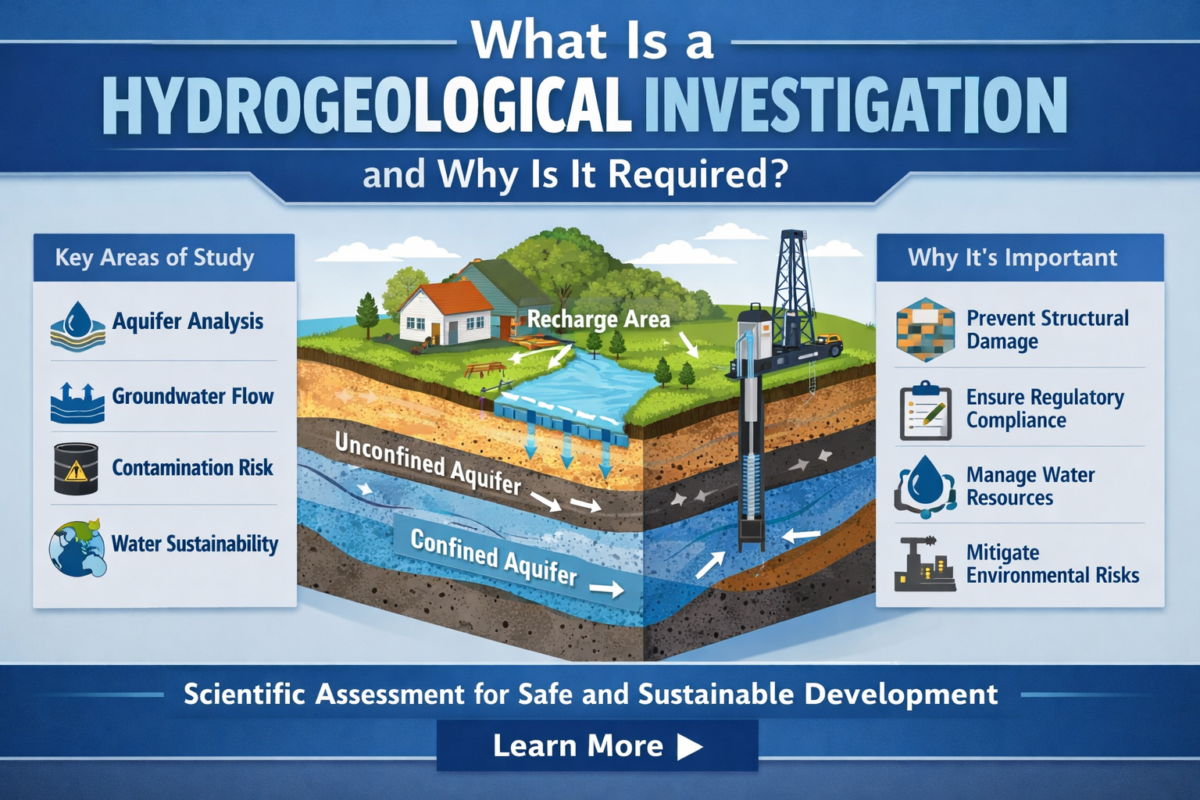

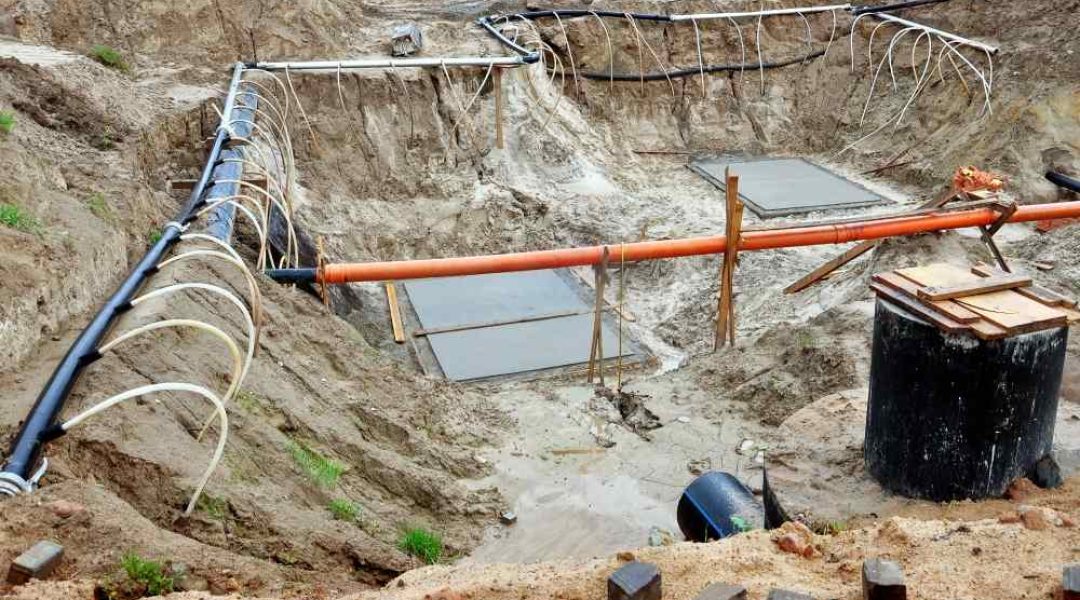
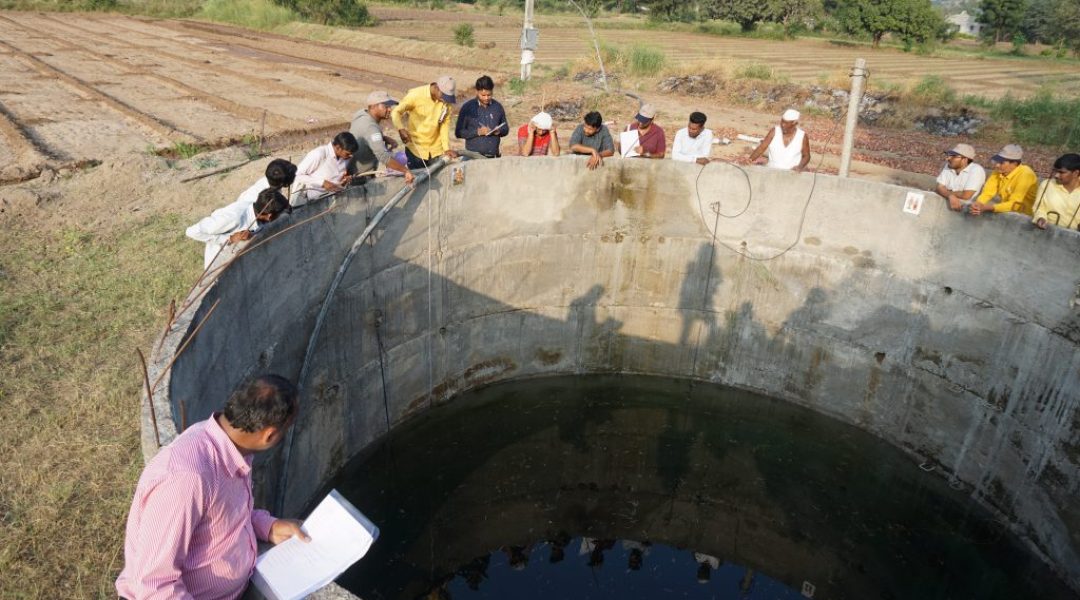
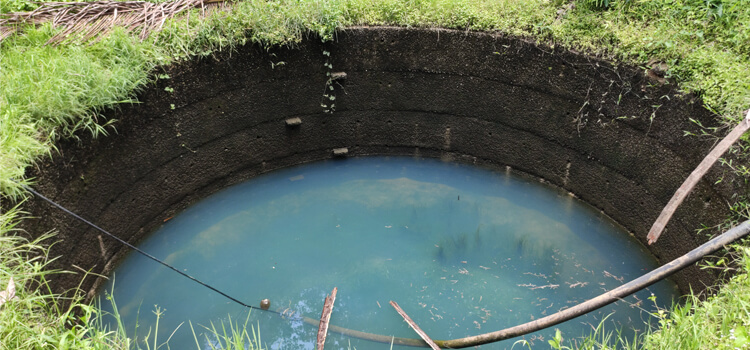
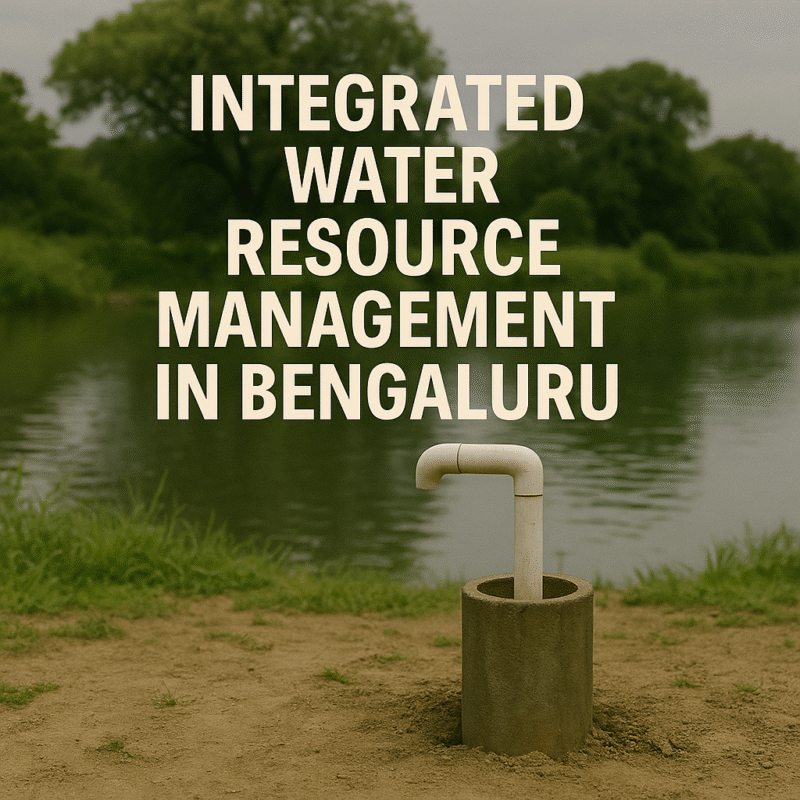
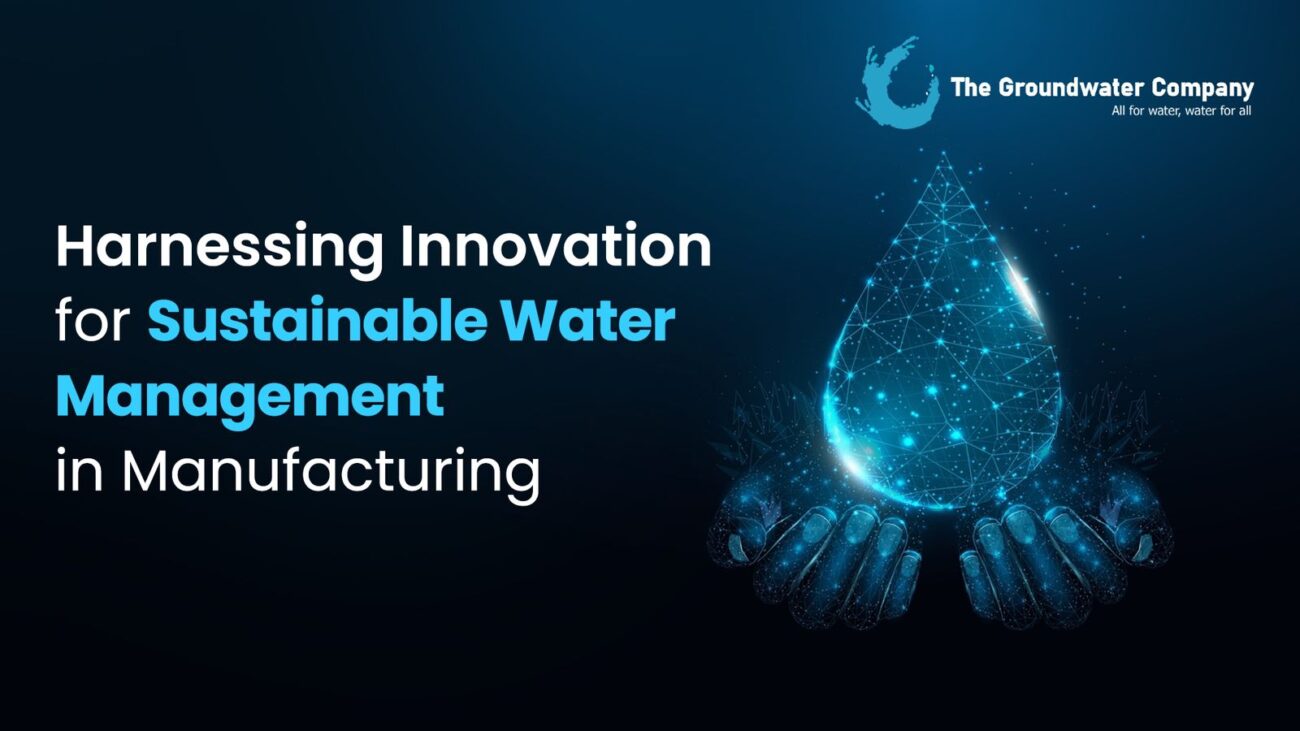
One thought on “Integrated Water Resource Management”